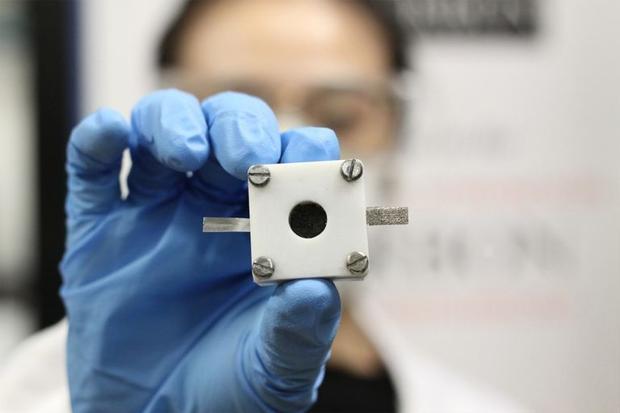Lithium-ion and lithium-polymer batteries face several problems: they are not making great leaps forward that we hope for, they occasionally burst into flame, and they weigh too much to be all that practical in a pure-electric airplane. Researchers peer over the alternatives, magnesium, manganese, aluminum, and now, after several false starts in recent years, zinc. University of Sydney scientists claim to have found a three-stage method of charging zinc-air cells that promises greater energy density and longevity. One selling point – the relative abundance and low cost of zinc, such cells are cheaper to produce than lithium equivalents. They theoretically can store up to five times more energy than lithium-ion cells, are less prone to burst into flame, and are even more environmentally friendly. What’s not to like? Until now, they’ve been difficult to recharge. ReVolt tried developing a rechargeable zinc-air battery with an ARPA-E (Advanced Research Projects Agency – Energy) grant, but gave up after two years. Explaining that …
Tag Archive
Below you'll find a list of all posts that have been tagged as “Dr. Li Wei”

